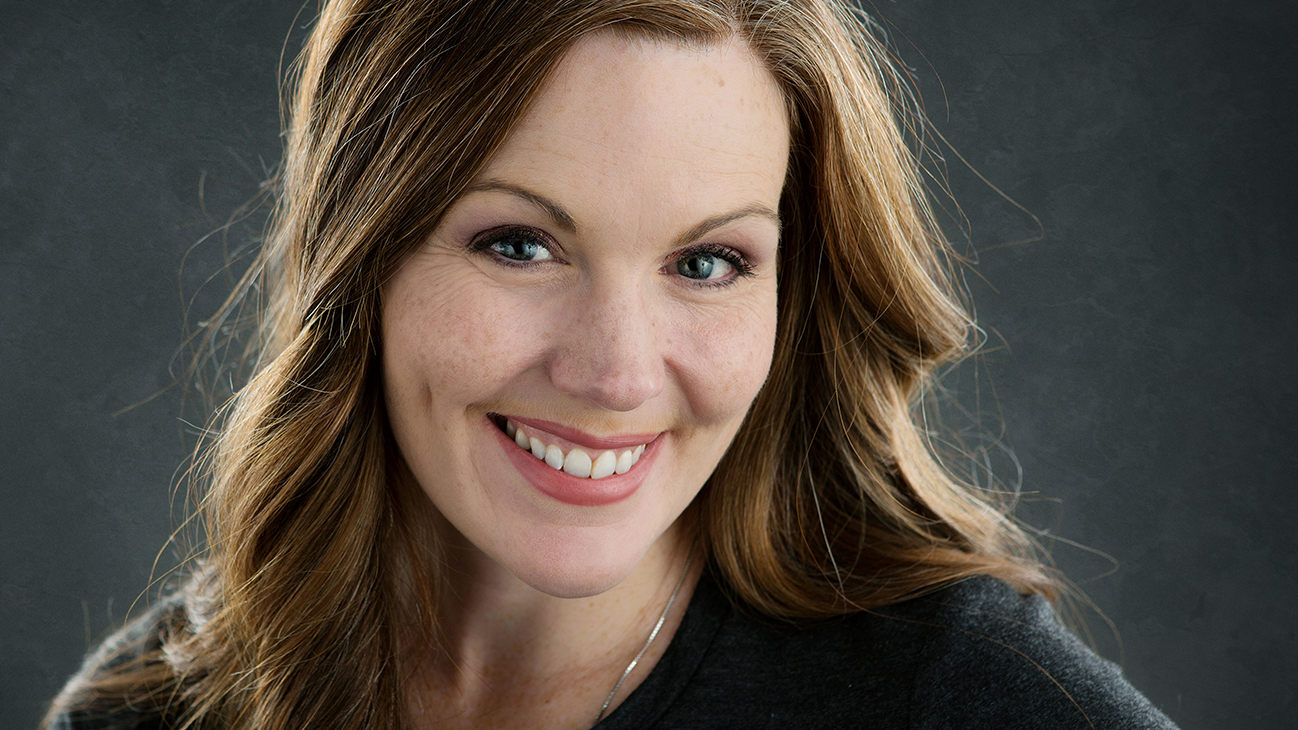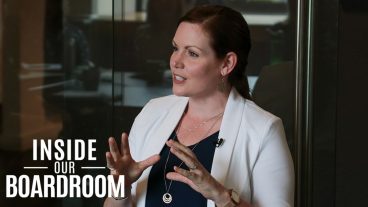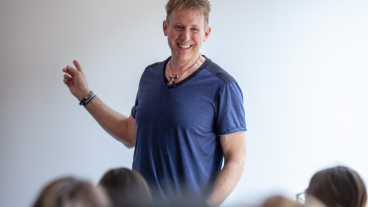Resiliency is the key behind our ability to navigate change, bounce back from adversity, and persist towards our goal no matter the hurdles we face along the way. While it’s an innate human ability, it’s up to us to build our inner resources in order to strengthen our pool of resiliency.
Today, we turn to Dr. Robyne Hanley-Dafoe, a multi-award-winning psychology and education instructor who specializes in resiliency, optimizing stress, and navigating change, to learn more about this coveted resource and how to foster it within ourselves and others.
1. Why do you think resiliency has become such a topic of interest for people today?
Life is relentless. With all the noise, pressures, and pulls on our time and energy, we are often left feeling weary, overwhelmed, and disengaged from the parts of our lives that matter most.
On top of a 24-hour news cycle which perpetually reminds us of unprecedented political, environmental, societal, and technological change, we face a myriad of challenges in our day-to-day lives. Personal and family health issues, relationship challenges, financial and work-related stress, and, for some, traumatic events, can seem overwhelming, and at times, insurmountable. Despite all of the “social connections”, many of us are left feeling alone and, unfortunately, our family systems often take the brunt of our difficult days.
I also think the pace of our lives has become unsustainable. We cannot be on point 100% of the time and be exceptional in absolutely every one of our life areas. Something has to give, and unfortunately it is often our health. But we are stronger than we realize. Humans are hardwired for struggle. We are well equipped when we take committed action to live our life mindfully and fully engaged.
2. Although it’s supposed to be an innate human quality, why do some have a bigger pool of resiliency than others?
Being resilient doesn’t mean you are bulletproof. It means that you have the capacity to do hard things and manage competing demands and feel okay at the end of it.
Much of the work on resiliency focuses on the challenge, hardship, or the event that triggered the crisis. My work is differentiated by taking a forward-focused and behavioural approach. Let’s frame the set-back as the set-up for getting you back on track.
Also, many people are comparing their notion of resiliency to what is often portrayed by elite military personal. Of course, these warrior tales of resiliency and grit are inspiring and simply brilliant, but the average person does not easily relate to that kind of mental toughness. Comparing ourselves to others will almost always bring you down. Turn your focus inwards versus outwards.
I love the idea that ships don’t sink because of the water around them. A ship sinks by the water it takes on. We need to be mindful of what we are internalizing. Resiliency ultimately comes down to your belief and commitment that you are capable and you will get back up, every time. It might take a wee but of time, but you will get back up.
3. What is the first step you would recommend in building our pool of resiliency?
Everyone has the capacity to be resilient. There is no special manual or training required. The key is to recognize what skills are already within you. Think about all the hard things you have accomplished in your life. You are more capable than you give yourself credit for. What we need is to check-in to the story that we are telling ourselves. Are you constantly telling yourself that you are an anxious person? Perhaps instead you can notice that, you are a person, who is having an anxious thought. We need to build space between out thoughts and feelings, and then ultimately our behaviour. I believe that we are well equipped once we reframe and focus. My work provides research informed strategies to enacting everyday resiliency that are readily available to all of us.
Life is a mosaic of experiences that are both positive and challenging. When you accept that bad things will happen and learn to let go of negative experiences, you become better equipped to move through hardship constructively, and you start to realize that you are not defined by your mistakes or failures. Learning is disruptive. If life didn’t challenge you, it wouldn’t change you. There is a season for everything. Remember to make what matters most, matter most, and the details will fall into place. Trust the process of growth. You are never to old or it is never to late to learn a new way of traversing your life.
Described as transformational, engaging, and thought-provoking, Robyne’s keynotes provide practical strategies, grounded in global research and case studies, that help foster resiliency within ourselves and others.
Interested in learning more about Robyne and what she can bring to your next event? Email us at [email protected].




